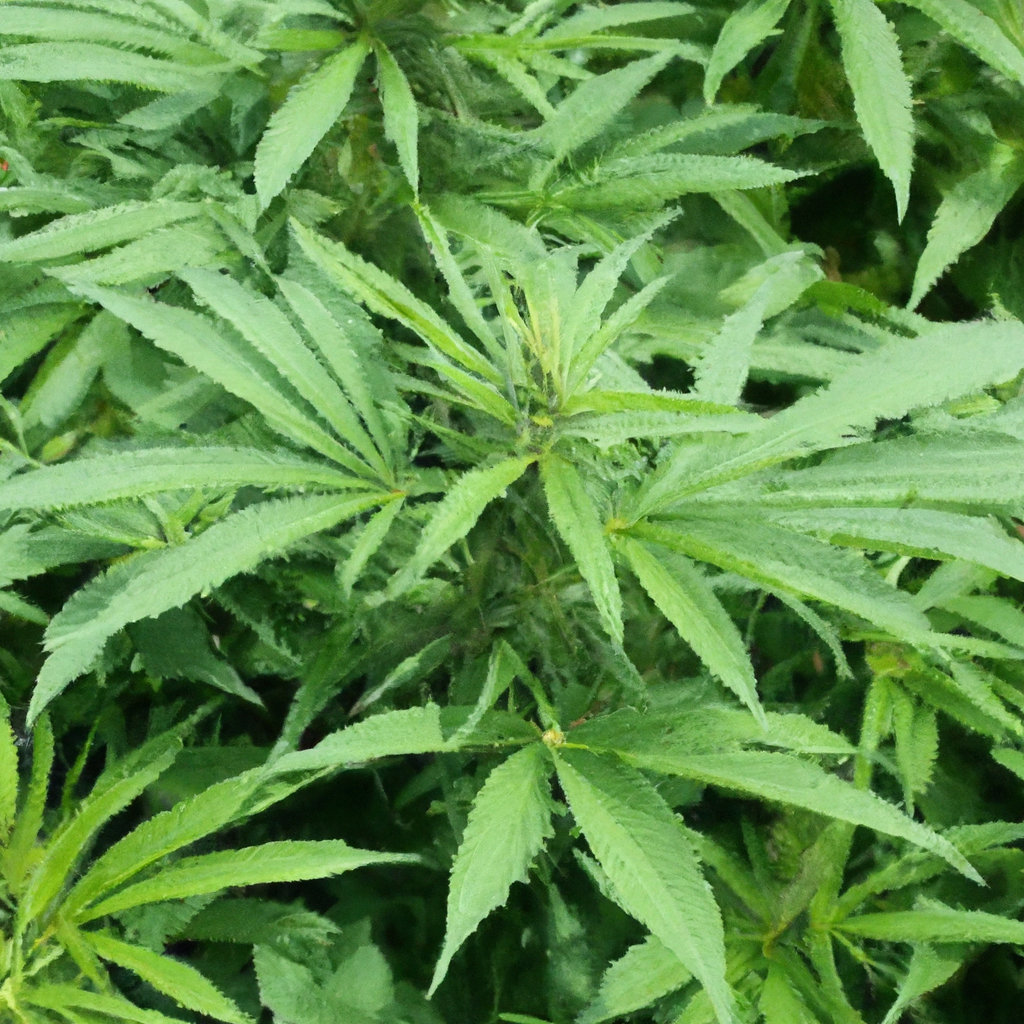Your cart is currently empty!
As the cannabis industry continues to grow, more cultivators are turning to organic methods to ensure their operations are sustainable and environmentally friendly. Organic cannabis cultivation not only supports healthier plant growth but also benefits consumers and the environment in numerous ways. In this guide, we’ll explore the best practices for organic cannabis cultivation, focusing on natural fertilizers, compost, pest control, and building healthy soil ecosystems.
1. Building a Robust Soil Ecosystem
Healthy soil is the foundation of any successful organic cannabis cultivation effort. Here are some key practices to enhance your soil ecosystem:
- Composting: Use organic waste like kitchen scraps and yard debris to create nutrient-rich compost. This feeds your plants naturally and reduces waste.
- Cover Crops: Plant cover crops such as clover or alfalfa to add organic matter to the soil. This improves soil texture and provides additional nutrients.
- Natural Amendments: Incorporate natural soil amendments such as bone meal, blood meal, and earthworm castings to enrich soil fertility.
2. Embracing Natural Fertilizers
Natural fertilizers are crucial for promoting vigorous cannabis growth without the use of synthetic chemicals. Consider these options:
- Fish Emulsion: A powerful nitrogen-rich fertilizer that supports vegetative growth.
- Kelp Meal: High in potassium and trace minerals, kelp helps in improving plant resilience and root development.
- Bat Guano: Offers a balanced nutrient profile for explosive growth and flowering.
3. Natural Pest Control Methods
Eliminate harmful pests without resorting to synthetic chemicals by following these strategies:
- Companion Planting: Plant pest-repelling herbs such as basil, marigold, or mustard around your cannabis to deter unwanted visitors.
- Beneficial Insects: Introduce predatory insects like ladybugs and praying mantises to naturally control pest populations.
- Neem Oil: An organic solution that acts as a natural pesticide and fungal treatment, safe for plants and the environment.
4. Promoting Sustainability in Cannabis Cultivation
Beyond ensuring a healthy soil ecosystem and plant health, sustainable practices can further minimize your environmental footprint:
- Water Conservation: Use drip irrigation systems to reduce water consumption and prevent runoff.
- Renewable Energy: Utilize solar panels or other renewable energy sources to power your grow operation, reducing reliance on fossil fuels.
- Organic Certification: Seek organic certification to guarantee that your cultivation methods meet rigorous sustainability standards.
Conclusion: Cultivating Cannabis Responsibly and Naturally
Organic cannabis cultivation offers a sustainable, eco-friendly approach to growing. By focusing on natural fertilizers, compost, and pest control, you can foster a robust soil ecosystem that benefits both plants and the environment. As more consumers become conscious of their purchasing decisions, organic cannabis holds a promising future for providing a healthier option with reduced ecological impact.
Adopt these practices today to enhance your cultivation operations and contribute to a more sustainable cannabis industry.
Tags: OrganicGrowing, Sustainability, NaturalFertilizers, PestControl, CannabisCultivation
Discover more from Magic Clones
Subscribe to get the latest posts sent to your email.


Leave a Reply